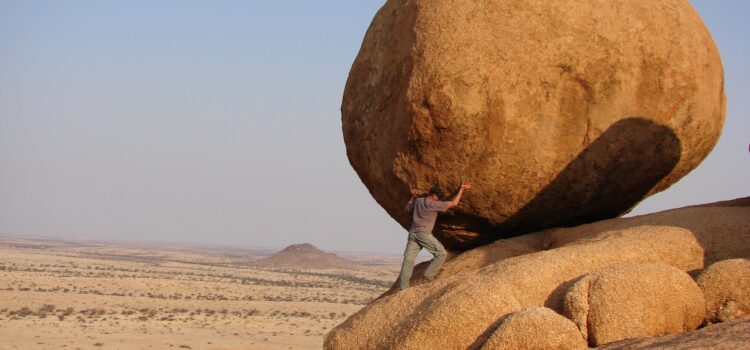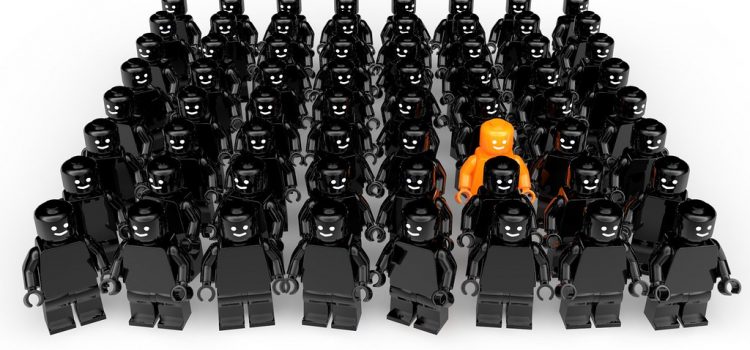Want an overview of Linchpin by Seth Godin? What is the “linchpin mindset” and why should you practice it? In Linchpin, Seth Godin aims to inspire readers who have lost their motivation at work. Godin explains how adopting a linchpin mindset brings you more fulfillment in your career by empowering you to develop and use your unique skills at work. Keep reading for a brief overview of Linchpin by Seth Godin.
Linchpin by Seth Godin: Book Overview










